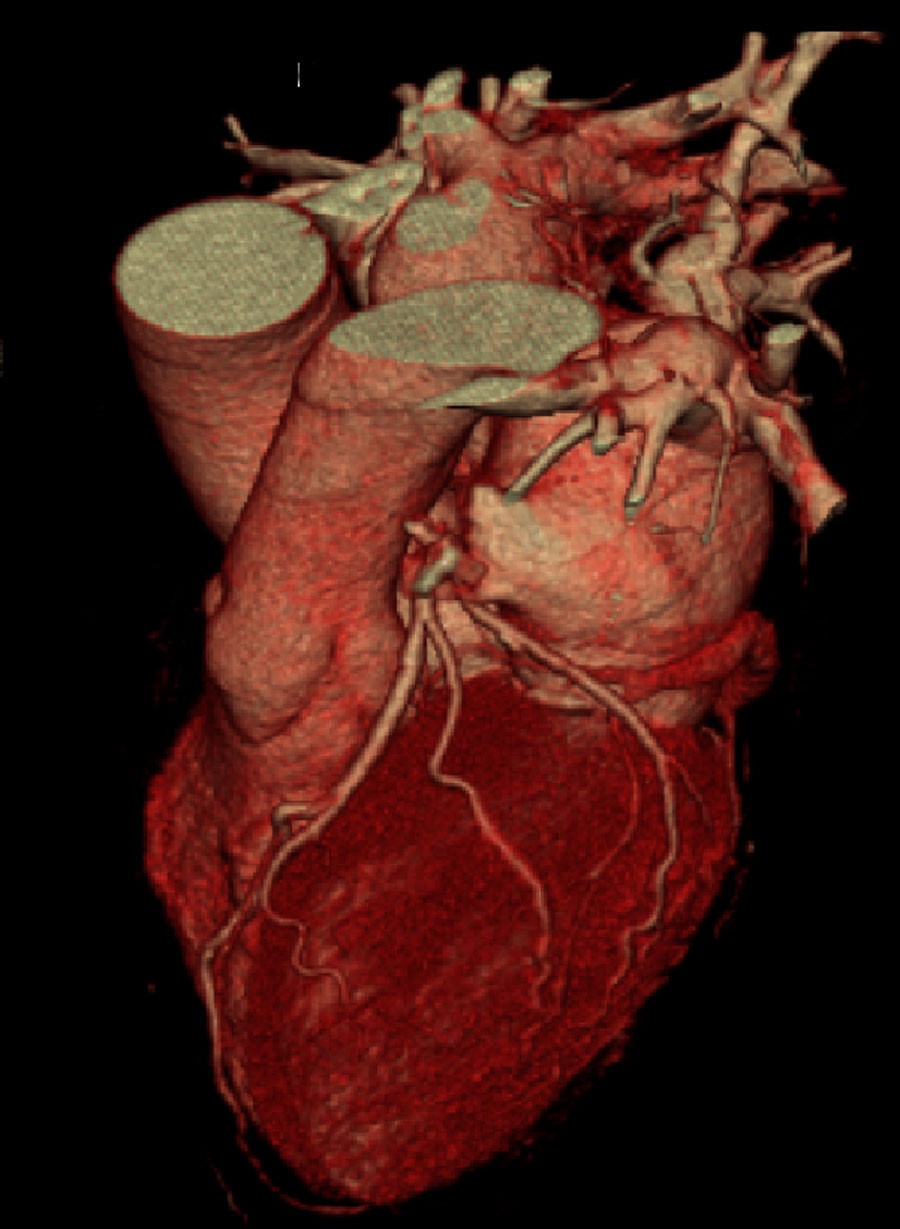
UC HEALTH LINE: Infectious Diseases Linked to Heart Attacks
CINCINNATISerious bouts of flu or respiratory infections can lead to heart attack, a top University of Cincinnati (UC) cardiologist warns.
Inflammation from tissue infection in the respiratory track or mouth may create biochemical changes in the plaque that lines blood vessel wallstriggering vascular disease such as heart attack or stroke.
Bronchitis and influenza, among other infections, have been associated with development of heart attack, says Neal Weintraub, MD, director of UCs cardiology division. In fact, the risk of heart attack is increased several fold in elderly people suffering from acute respiratory track infection. In addition, chronic periodontal (gum) disease may also increase your risk of heart disease.
Chronic infections activate the immune system, the bodys natural response for fending off invading microorganisms. However, Weintraub explains, the activated immune response may also trigger inflammation in the blood vessel wall. This, in turn, can disturb otherwise inactive vascular lesions, resulting in tissue disruption and clot formation that block blood flow to the heart or brain and cause heart attack or stroke.
Prevention is the best advice, says Weintraub. Its wise to:
- Pay attention to your cardiovascular health each day. Exercise, eat healthily and check and manage your cholesterol and high blood pressure.
- Dont smoke, and avoid exposure to second-hand smoke and other environmental pollutants. Smoking not only harms the blood vessels, it also increases your risk for developing upper respiratory infections and gum disease.
- Visit your dentist regularly.
- Get a flu shot and avoid close contact with people suffering from colds or flu.
Receiving the flu vaccine not only reduces the risk of serious respiratory infections, it may also reduce your risk for developing cardiovascular problems, including heart attacks, Weintraub says.
He offers these additional heart-health tips:
- See a doctor when youre sick. Remember that heart attack and stroke may accompany infectious illnesses, so its important to keep the subtle symptoms of an impending heart attack or stroke in mind during flu season.
- Also, seek emergency treatment if youre so breathless you cant walk and talk at the same time.
- Dont ignore pain or a feeling of pressure in your chest. Heart attacks can happen without crushing pain.
Strenuous exercise like shoveling snow, carrying heavy packages upstairs and shopping for hours can add stress to your heart. And so can drinking too much caffeine or alcohol.
Enjoy the holidays with family and friends and have a happy, healthy New Year, says Weintraub. But listen to your body and dont overdo it!

Neal Weintraub, MD, director of the cardiovascular diseases division
Tags
Related Stories
Achala Vagal, MD, appointed chair of Department of Radiology at...
July 11, 2025
The UC College of Medicine announces Achala Vagal, MD, as chair of radiology. A national leader in neuroradiology and stroke imaging, Vagal has 20-plus years of experience, advancing research, AI integration, mentorship and patient-centered innovation.
Understanding resistance to targeted therapies in head and neck,...
July 11, 2025
MSN highlighted University of Cincinnati Cancer Center and Cincinnati Veterans Affairs Medical Center research published in the journal Oncotarget that reviewed current research on why Epidermal Growth Factor Receptor-targeted therapies often fail in breast and head and neck cancers.
What parvovirus is and why it's on the rise
July 10, 2025
An infectious virus common in children is on the rise in the Tristate. The Cincinnati Health Department is warning of a rise in parvovirus in Hamilton County. The illness can present itself as a rash on the cheeks and is often called “slapped cheek” disease but can present more serious concerns in pregnant women. Kara Markham, MD, professor of obstetrics and gynecology at the University of Cincinnati College of Medicine recently appeared on Cincinnati Edition on WVXU to discuss how parvovirus is transmitted, the risk of serious cases and how to prevent it.
